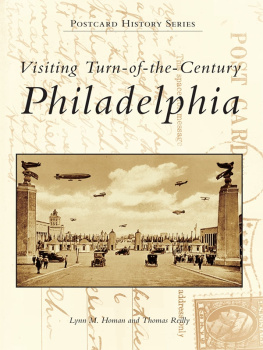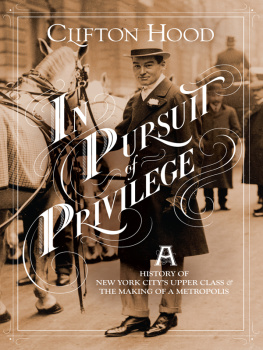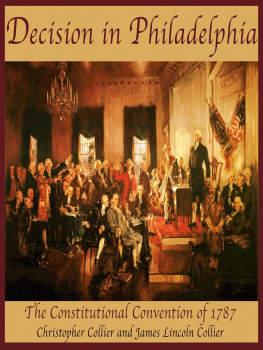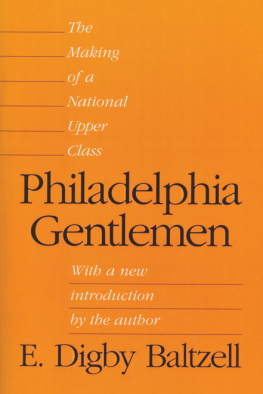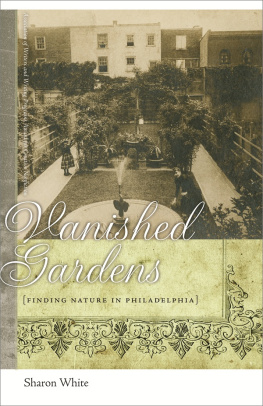E. Digby Baltzell - Philadelphia Gentlemen: The Making of a National Upper Class
Here you can read online E. Digby Baltzell - Philadelphia Gentlemen: The Making of a National Upper Class full text of the book (entire story) in english for free. Download pdf and epub, get meaning, cover and reviews about this ebook. year: 1989, publisher: Routledge, genre: Politics. Description of the work, (preface) as well as reviews are available. Best literature library LitArk.com created for fans of good reading and offers a wide selection of genres:
Romance novel
Science fiction
Adventure
Detective
Science
History
Home and family
Prose
Art
Politics
Computer
Non-fiction
Religion
Business
Children
Humor
Choose a favorite category and find really read worthwhile books. Enjoy immersion in the world of imagination, feel the emotions of the characters or learn something new for yourself, make an fascinating discovery.

- Book:Philadelphia Gentlemen: The Making of a National Upper Class
- Author:
- Publisher:Routledge
- Genre:
- Year:1989
- Rating:3 / 5
- Favourites:Add to favourites
- Your mark:
Philadelphia Gentlemen: The Making of a National Upper Class: summary, description and annotation
We offer to read an annotation, description, summary or preface (depends on what the author of the book "Philadelphia Gentlemen: The Making of a National Upper Class" wrote himself). If you haven't found the necessary information about the book — write in the comments, we will try to find it.
This proper Philadelphia story starts with the citys golden age at the close of the eighteenth century. It is a classic study of an American business aristocracy of colonial stock with Protestant affiliations as well as an analysis of how fabulously wealthy nineteenth-century family founders in Boston, New York, and Philadelphia, supported various exclusive institutions that in the course of the twentieth century produced a national upper-class way of life. But as that way of life became an end of itself, instead of an effort to consolidate power and control, the upper-class outlived its function; this, argues Baltzell, is precisely what took place in the Philadelphia class system.
Philadelphia Gentlemen emphasizes that class is largely a matter of family, whereas an elite is largely a matter of individual achievement. The emphasis in Philadelphia on old classes, in contrast to the emphasis in New York and Boston on individual achievement and elite striving, helps to explain the dramatically different outcomes of ruling class domination in major centers of the Eastern Establishment. In emphasizing class membership or family prestige, the dynamics of industrial and urban life passed by rather than through Philadelphia. As a result in the race for urban preeminence, Philadelphia lost precious time and eventually lost the struggle for ruling preeminence as such.
When the book initially appeared, it was hailed by The New York Times as a very, very important book. Writing in the pages of the American Sociological Review, Seymour Martin Lipset noted that Philadelphia Gentlemen says important things about class and power in America, and says them in ways that will interest and fascinate both sociologists and laymen. And in the American Historical Review, Baltzells book was identified simply as a gold mine of information. In short, for sociologists, historians, and those concerned with issues of culture and the economy, this is indeed a classic of modern social science.
E. Digby Baltzell: author's other books
Who wrote Philadelphia Gentlemen: The Making of a National Upper Class? Find out the surname, the name of the author of the book and a list of all author's works by series.

